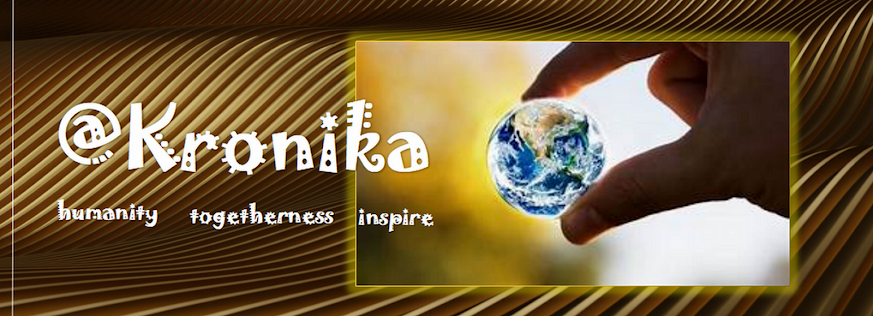The first Europeans to come to South Africa were the Dutch, led by Jan Anthony ban Riebeeck (1618 – 1677). The arrival of the Dutch in South Africa caused new problems in people's lives in South Africa. Because since his arrival he has placed a superior position, and put the position of society, South Africa has become under the position of Europeans (the Dutch), this is the starting point for the emergence of the apartheid problem. The Dutch then immediately settled it was called the term "Boers".
The arrival of the next European nation was the British who carried out domination from end to end, from North Africa (Egypt) to South Africa (Cape Town). The arrival of the British in South Africa led to the seizure of the colonies, resulting in the outbreak of the Boer War (1899 – 1902) between the British and the Boers (Dutch). In that war the British managed to defeat the Boers, so that the South African region changed hands into British territory. Subsequently, the Union of South Africa was formed in 1910 and more and more British people came to South Africa.
Since Britain came to power, in the South African region a system has been established that runs racial politics (separation based on race). This means that white people who are a minority become rulers over black people who are the majority. White people, with the National Party won the election in 1948. Since 1948, apartheid has been the official policy of the South African state, which comprises 15 percent of the population, but governs all affairs in the country.
Three laws that are highly discriminatory are:three laws that strengthen the power of Apartheid, namely:- Land Act, which is a law that prohibits black people from owning land outside the designated area of residence,- The Group Areas Act, which is a law that regulates the separation of residences of white and black people, and- Population Registration Act, which is a law that requires black people to register according to their respective foreign ethnic groups.
'
In that racial policy, the population of South Africa is classified into four major groups, namely white or European descent, Bantu ethnicity (one of the ethnic groups in South Africa), Asians, mostly Pakistanis and Indians, and people of color or blood. mixed, including the Cape Malay group.The segregation of tribes carried out in South Africa has received an international response. In fact, the UN General Assembly condemned the act. The action also received a serious response from the people of South Africa. In the form of rebellion movements to abolish the Apartheid government. The most famous movement carried out by the black people of South Africa was spearheaded by the African National Congress (ANC) led by Nelson Mandela.
In 1961, he led the South African people's stay-at-home action. The Apartheid government responded to this action by arresting and then imprisoning Mandela in prison in Pretoria from 1962 to 11 February 1990 during the reign of Frederik Willem de Klerk.
The release of Mandela gave a positive spirit to the struggle of the South African people in fighting for the abolition of the Apartheid government. So on May 2, 1990 for the first time the South African government held negotiations with the ANC to make a non-racial law.
As a result, on June 7, 1990, De Klerk abolished the State Emergency Act which applied to almost every part of the country of South Africa.
Mandela began to show encouraging results, when the white minority government under the leadership of F.W. De Klerk provided a breath of fresh freedom for black citizens.
On February 21, 1991, before a session of the South African parliament, President F.W. De Klerk announced the abolition of all provisions and the existence of the Apartheid political system. The announcement was followed by the abolition of the three highly discriminatory laws above.
The abolition of the law was followed by a promise by the De Klerk government to hold elections without racial restrictions (multiracial elections).

This success further evokes the spirit of the struggle of black people. When the first multiracial elections were held in 1994, the party led by Mandela, the ANC was victorious. On 9 May 1994, he was elected by the National Assembly (South African Parliament) as President of South Africa. He was the first black President, in a grand ceremony at the Union Building, Pretoria. The inauguration ceremony was attended by a number of world figures and witnessed by millions of television viewers both inside and outside South Africa. This historic event is the culmination of the struggle of the people of South Africa.







No comments:
Post a Comment